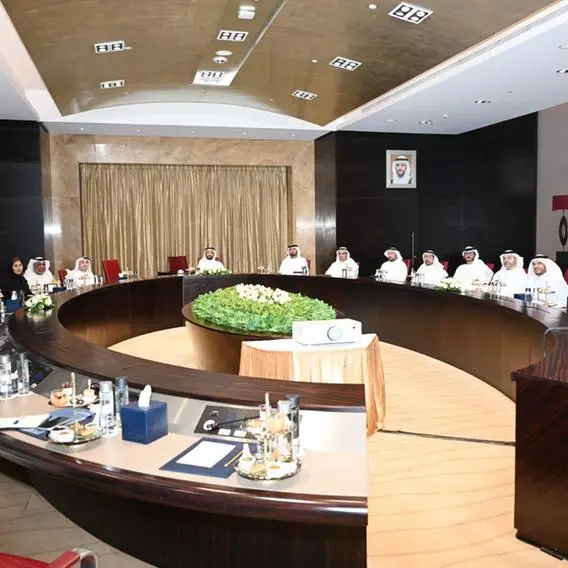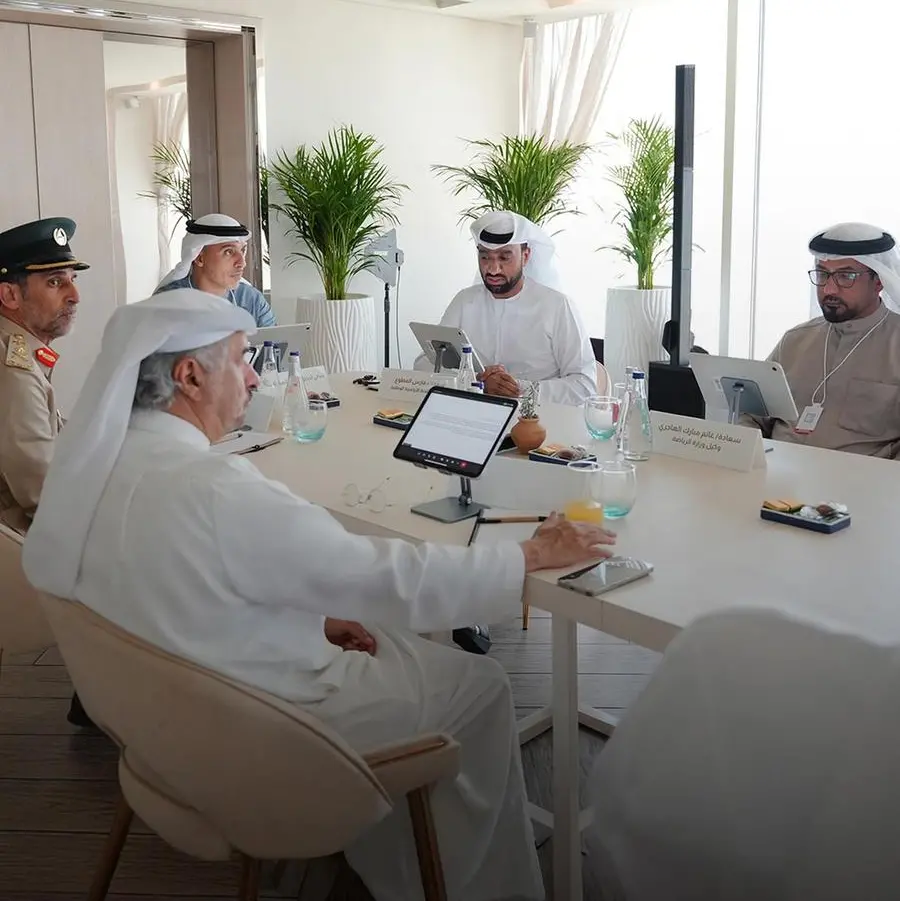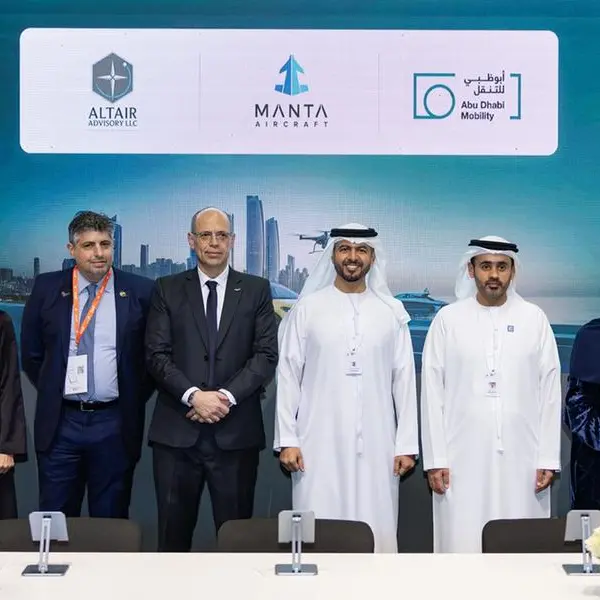- WEF report scored KSA 10th overall on business environment, 14th overall for human resources, best in the world for managing demand pressure and impact
Riyadh:– Saudi Arabia moved up 10 places to 33rd in the world overall, in the 2021 World Economic Forum (WEF) Travel and Tourism Development Index, which was released yesterday at Davos.
The independent index benchmarks 117 countries on 17 pillars crucial to the development and resilience of their travel and tourism industries. Saudi Arabia moved from 43rd in 2019 to 33rd in 2021, the second largest rise in rankings, as a result of improvements across almost all indicators. This is the first report to be produced since Saudi Arabia opened for international tourism in September 2019.
In 2019, Saudi Arabia launched the National Tourism Strategy, a clear plan to drive forward the aims of Vision 2030. These aims will increase the contribution of the tourism sector to 10% of GDP, create 1million new jobs, and attract 100 million local and international visits annually by 2030.
The World Economic Forum’s Travel and Tourism Development Index is a key indicator of Saudi Arabia’s extraordinary journey as a global tourism leader. Saudi Arabia’s leadership, resources and ambition are driving the monumental growth of the sector and delivering on Vision 2030 goals.
His Excellency Ahmed Al Khateeb, Minister of Tourism of Saudi Arabia said: “I am proud of the progress the Kingdom has made through our Vision 2030 reforms as we have opened to the world. Our success is demonstrated by our strong investment in the tourism sector – from creating jobs opportunities for citizens to working with global partners who are invested in our transformation.”
“Our ranking is proof that since 2019, despite the global pandemic, Saudi Arabia has demonstrated incredible global leadership as a new tourism destination. We have made it easier to invest and create tourism businesses in the Kingdom. Last year saw a record for domestic visits. And top global companies are recognising our commitment and are joining us.”
The WEF’s new Travel and Tourism Development Index measures against a set of factors that enable the sustainable and resilient development of the Travel and Tourism sector, which in turn contribute to national development.
The 2021 edition of the index highlights the vital need to invest in tourism, the impact of COVID-19 and how sector stakeholders can draw on development strategies to build back better. Amid current challenges, shifting demand and future risks, a more inclusive, sustainable and resilient sector must be created.
Saudi Arabia’s higher score was achieved by improvements across 12 out of 17 KPIs. Highlights include an improvement from 27th to 10th for business environment, an improvement from 47th to 40th for tourism services and a best in world ranking for managing demand pressure and impact.
This significant improvement in Saudi Arabia’s ranking reflects not only considerable investment into tourism but also its global leadership in future-proofing the sector. Focused on sustainable and resilient development, Saudi Arabia is bringing together key players in the sector to build a future for tourism that is better for all.
-Ends-
Ministry of Tourism of Saudi Arabia
Saudi Arabia’s Ministry of tourism leads the Saudi Tourism ecosystem, with support from the Saudi Tourism Authority and the Tourism Development Fund.
The Ministry sets the Kingdom’s tourism sector strategy and is responsible for the development of policies and regulations, developing human capital, gathering statistics, and attracting investment. It works in partnership with the Saudi Tourism Authority, which promotes Saudi Arabia as a global tourism destination, and the Tourism Development Fund, which executes the Ministry’s investment strategy by providing funding for the sector’s development.
Headed by His Excellency Ahmed Al Khateeb, the Ministry was founded in February 2020, following the opening of Saudi Arabia to international leisure tourists for the first time in its history in 2019. Saudi Arabia aims to welcome 100 million tourism visits by 2030, increasing the sector’s contribution to GDP from 3% to 10%.



















